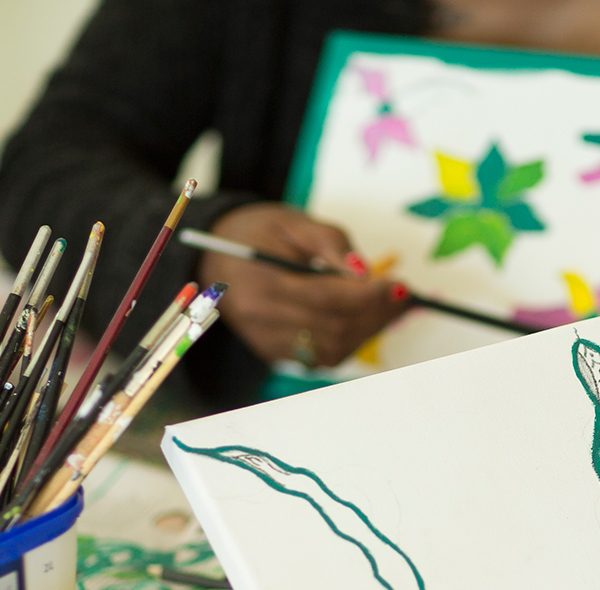
Women Exiting the Corrections System
In 2018 Synapse partnered with the NSW Department of Justice and Guthrie House, a not-for-profit transitional service for women exiting the prison system, to support women who may have a brain injury.
Read moreHome can make all the difference when accessing a job or services. Having a home can be a foundational opportunity in life, giving you the ability to connect with friends and family. To provide a solid foundation – a home needs to be safe, in good condition, and appropriate to you and your family. All these factors are fundamental in creating a home that sees your wellbeing and life flourish [i]. The unpredictable nature of recovery after a brain injury means it’s not always possible to return home, this can leave many with a brain injury homeless. Living independently as well as accessing a safe and comfortable house that meets your needs can be challenging barriers to overcome when you have a brain injury. The impact can often present many challenges in finding and keeping a house and managing day-to-day responsibilities, let alone making it a home [ii]. Living with a brain injury can see you at risk of losing your home or experiencing homelessness [iii].
Australia wide there is still a lack of housing that can make a great home for people with brain injuries. Many specialised residential homes experience long waitlists, and people just don’t have the luxury to wait for the to become available. Aged care has historically been an inappropriate ‘catch-all’ for people, no matter what age they are, when their needs are complex [iv]. Synapse, along with partner organisations, have been advocating to highlight that having limited or no choice about where we live has a profound negative affect on our physical and mental health[v]. Choosing what help you need, when and how you need it can have a big impact on a person’s experience of home; a choice that changes as our lives grow and change from youth to old age.
If you’re Aboriginal and/or Torres Strait Islander you’re more likely to find yourself unable to have a home where you feel you belong, especially if you have a brain injury. Many houses don’t have the potential to become great homes for Indigenous Australians with disability, as they aren’t equipped or culturally appropriate. They force Aboriginal and/or Torres Strait Islander people away from where they belong, their community and land. Removing Indigenous Australians from their community, culture and family leads to poorer health and social outcomes [vi].
Everybody has the right to safe and secure housing. People with a brain injury shouldn’t have to experience homelessness. Equally important is choosing how and where you want to live and having the right people to lean on when you need it. Policymakers must be better informed about these needs and prioritise making funding available for living spaces for people living with a brain injury. There is an immense need for appropriate housing that creates a sense of home and belonging while also providing people with uninterrupted access to disability supports, rehabilitation and health services. Having these homes available to people would not only help mitigate the human cost of a brain injury but have an impact on the wider social costs. Homes with appropriate supports in place would help reduce current pressures on health, criminal justice, and social systems.
Homes for Aboriginal and/or Torres Strait Islander peoples impacted by brain injuries must be purpose-built and culturally responsive – to strengthening their connection to community and culture. By failing to respond to needs in a culturally informed way, well-meaning service providers frequently do more harm than good.
[i] OECD 2011; Howden-Chapman & Caroll 2004
[ii] https://www.ncbi.nlm.nih.gov/pmc/articles/PMC4310809/
[iii] Binder AS, Lancaster K, Lengenfelder J, Chiaravalloti ND, Genova HM. Community integration in traumatic brain injury: the contributing factor of affect recognition deficits. J Int Neuropsychol Soc 2019; 25: 890–95.
[v] NPDCC 2009; Baker et al. 2014
[vi] https://www.aihw.gov.au/reports/indigenous-australians/stolen-generations-descendants/summary

In 2018 Synapse partnered with the NSW Department of Justice and Guthrie House, a not-for-profit transitional service for women exiting the prison system, to support women who may have a brain injury.
Read more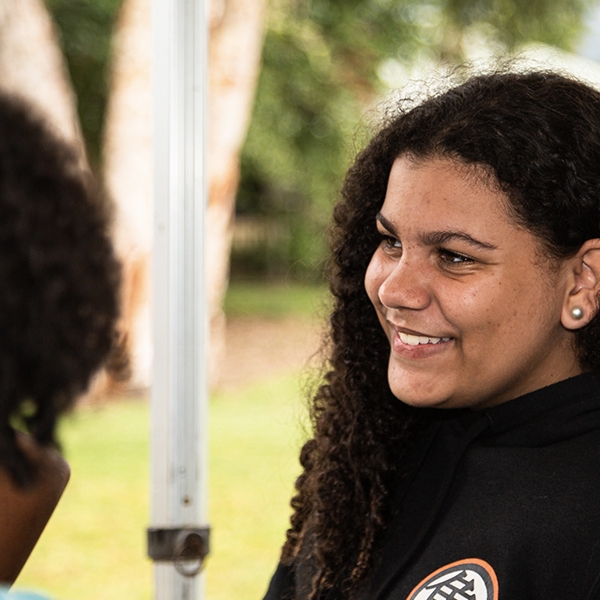
Cairns Community Living is a safe place of belonging for Aboriginal and/or Torres Strait Islander peoples with a disability.
Read more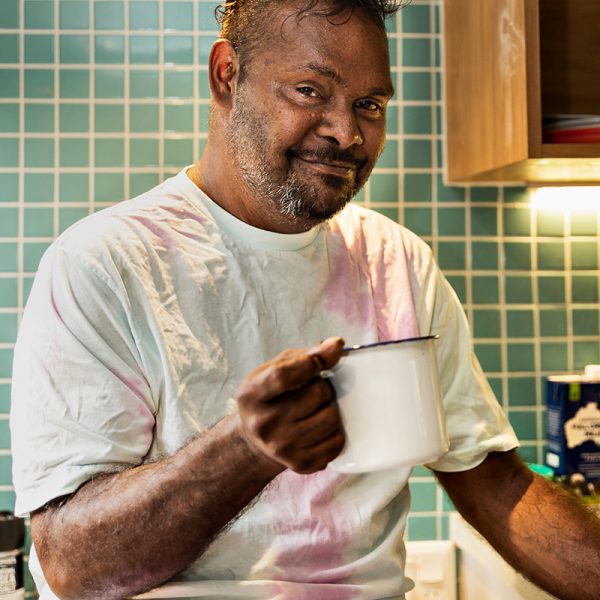
Information and practical housing support options to help you or someone you support live in the home and community of their choice.
Read more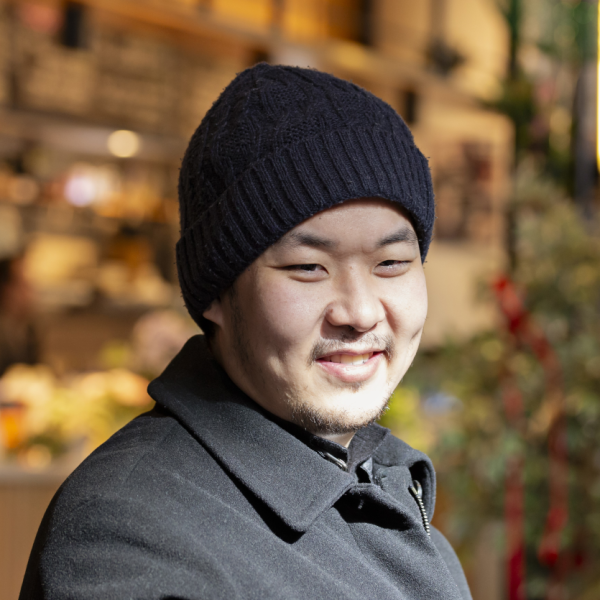
Tailored personal support across aspects of daily living, enabling you or someone you support to participate in desired community, vocational and educational activities.
Read more
Synapse delivers unique training to help you, and your team, better understand the needs of people impacted by brain injuries.
Read more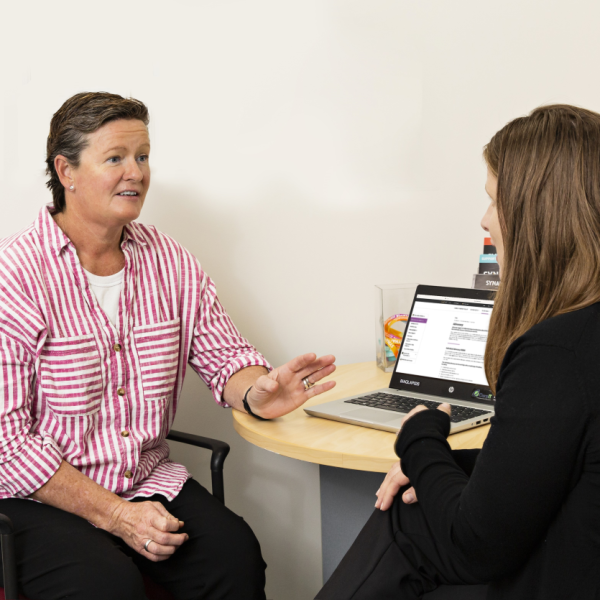
Synapse offers culturally appropriate Support Coordination services for Aboriginal and/or Torres Strait Islander peoples.
Read more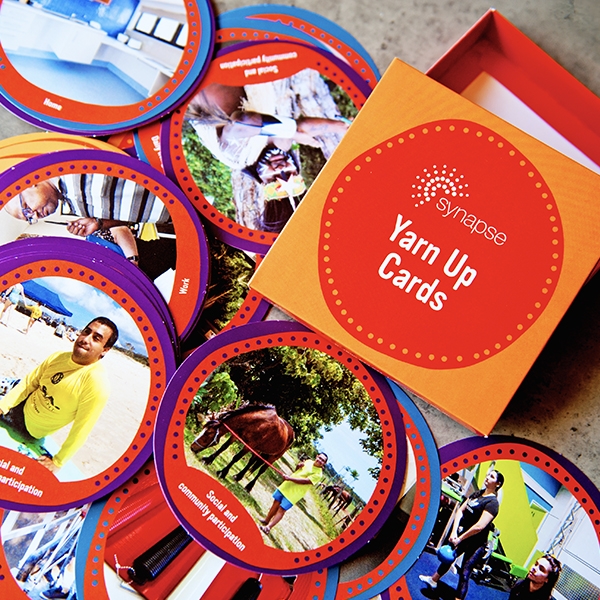
We have resources designed for Aboriginal and Torres Strait Islander communities to start conversations about the NDIS and provide examples of some of the types of supports and services available.
Read moreIf you’ve got questions or need advice, support or further information, get in touch with us today. We’d love to help